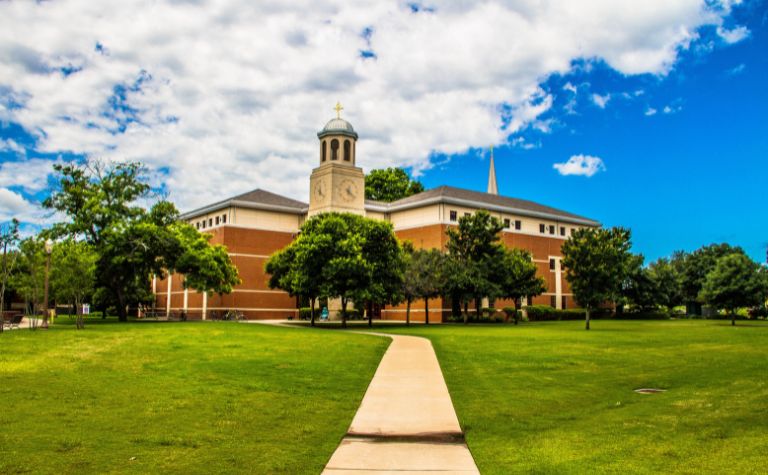The realm of Christian ministry and theology has historically been male-dominated.
For centuries, the question of women’s roles within these spheres has been a point of contention and debate.
Central to this conversation is the topic of women in seminary.
Can women go to seminary? The answer, in its simplest form, is yes.
However, the journey towards this reality and its implications is one steeped in history, doctrine, cultural shifts, and individual stories.
This article will explore the historical and modern perspectives on women attending seminary, the challenges they may still face, and the transformative role they play in contemporary ministry.

The History of Women in Seminary
The earlier centuries of Christianity rarely, if ever, witnessed women in seminary roles, reflecting broader societal norms that restricted women’s participation in public and academic spheres.
However, as the winds of change began to sweep across society in the 19th and early 20th centuries, Christian seminaries were not left untouched.
A significant turn of events was the founding of women-specific seminaries and Christian training schools.
These institutions, while often separate from their male counterparts, offered women a dedicated space to pursue theological studies.
The late 20th century witnessed an even greater shift, with coeducational seminaries becoming more common, and women enrolling in previously all-male institutions.

Modern-Day Acceptance of Women in Seminary
Historically, theological education was primarily reserved for men, but the latter half of the 20th century marked a turning point.
Across various denominations and theological traditions, doors began to open for women to pursue formal Christian studies.
Many established institutions, which once exclusively enrolled men, started to welcome female students into their programs.
Additionally, several seminaries that were founded with the specific mission of educating women in theology have continued to flourish and expand their reach.
However, the rate of acceptance has varied.
While some denominations and Christian groups have readily embraced the inclusion of women in seminary education, others have approached the change more cautiously.
Still, the overall trend has been toward greater inclusivity.

Challenges Still Faced by Women in Seminary
While the modern era has witnessed increased acceptance of women in seminaries, issues remain.
Even in institutions where women are allowed to study, they sometimes face questions about their capability or appropriateness for certain roles, primarily due to traditional interpretations of Christian texts.
Furthermore, the representation of women in senior leadership roles within seminaries can be sparse.
This lack of representation can sometimes lead to a feeling of isolation for female students, as they may struggle to find mentors or role models who have navigated similar paths.
Another challenge is the practical integration of women into Christian communities post-graduation.
Lastly, the balancing act between family and ministry is a concern for many women.
The Role of Women in Contemporary Ministry
Historically confined to specific roles, women today serve as pastors, theologians, chaplains, counselors, and worship leaders, among other positions.
In many denominations, they lead congregations, participate in mission work, and influence theological discourse.
Their roles in modern ministry aren’t just confined to traditional Christian settings.
Women also make significant contributions in Christian education, serving as professors, administrators, and researchers in seminaries and Christian institutions worldwide.
Another noteworthy aspect of contemporary ministry is the women-led grassroots movements.
These sometimes focus on social issues, intertwining faith with advocacy for justice, human rights, and community development.
Digital media and technology have also expanded the horizons for women in ministry.
Many utilize platforms like podcasts, blogs, and online sermons to reach global audiences, addressing spiritual needs and offering guidance to different populations.
Recent Posts
David Jeremiah, a renowned pastor, author, and speaker, has captivated the hearts of many with his compelling sermons. His messages resonate deeply with diverse audiences, leaving an enduring...
Tim Keller, a distinguished pastor, theologian, and author, has garnered a devoted following through the profound impact of his sermons. In this article, we will explore seven compelling reasons...
